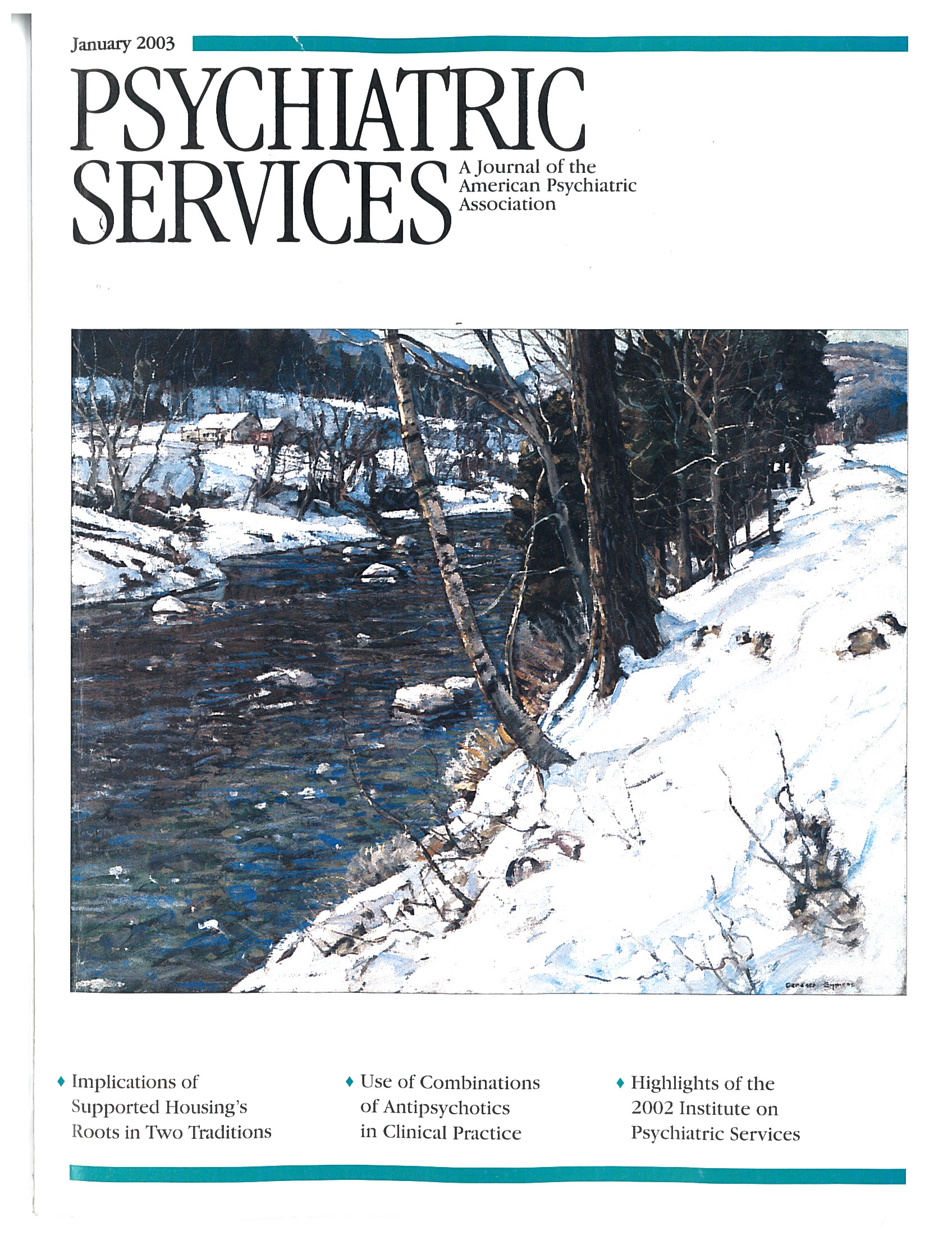Hypochondriasis: Modern Perspectives on an Ancient Malady
Through the millennia, hypochondriasis has been a much misunderstood, maligned, and ridiculed disorder. Even today, it often evokes a heavy sigh from most physicians or a bemused grin from most lay people, who may be reminded of Woody Allen's on-screen persona. But what a patient who is suffering from this condition really needs is for a clinician to be objective and to take him or her seriously. That is just what Hypochondriasis: Modern Perspectives on an Ancient Malady provides: an excellent, balanced, and sober approach to this complicated problem.
The book is an Oxford text edited by Vladan Starcevic, M.D., Ph.D., of the University of Belgrade and Don Lipsitt, M.D., of Harvard University. The panel of 14 contributors includes such notable scholars in the field as Russell Noyes, Jr., M.D., of the University of Iowa; Arthur Barsky, M.D.—the modern pioneer in hypochondriasis—of Harvard University; and Issy Pilowsky, M.D., of the University of Adelaide in Australia. The text is directed at most practicing clinicians but is especially appropriate for psychiatrists, clinical psychologists, and primary care physicians, although large portions of the book are probably beyond the interest level of most primary care specialists.
The book is divided into three main sections, including sections on clinical and diagnostic issues, etiology, and treatment, with numerous superb tables as well as five appendixes that include a structured interview and various assessment instruments for hypochondriasis. Of interest in the clinical and diagnostic section is a brief history of hypochondriasis. The section also discusses the fact that hypochondriasis lacks consistent validity as a discrete disorder. There is also controversy about the DSM-IV criteria for hypochondriasis—namely, the inclusion of the "rejection of appropriate medical reassurance." Finally, the section highlights the debate about whether hypochondriasis should be categorized as a somatoform disorder, as it is currently, or as an anxiety or personality disorder.
The etiology section espouses many theories about the root cause of hypochondriasis, but no explanation stands alone. Arthur Barsky authors a fascinating chapter on the research on somatosensory amplification and its role in hypochondriasis. In his own cited research, he discovered that, compared with control subjects, his samples of patients with hypochondriasis were not more accurately attuned to internal cardiac changes but were easily flooded and overwhelmed by visceral sensations.
The last section, on treatment, includes chapters devoted to psychotherapy and psychopharmacology, the use of which are shown to be supported by a limited number of controlled studies. However, the most consistent treatment recommendation has to do with developing and sustaining an informed doctor-patient relationship as the foundation for treating hypochondriasis.
Overall, the text presents a comprehensive view of the current state of knowledge about hypochondriasis as well as some specific recommendations for the future directions of research in the field. I would certainly endorse the book as required reading for consultation-liaison psychiatry fellowships and perhaps some sections for primary care residency programs.
Dr. Anderson is staff psychiatrist at Western State Hospital in Staunton, Virginia, and assistant clinical professor in the department of psychiatry at Virginia Commonwealth University, Medical College of Virginia, in Richmond.



